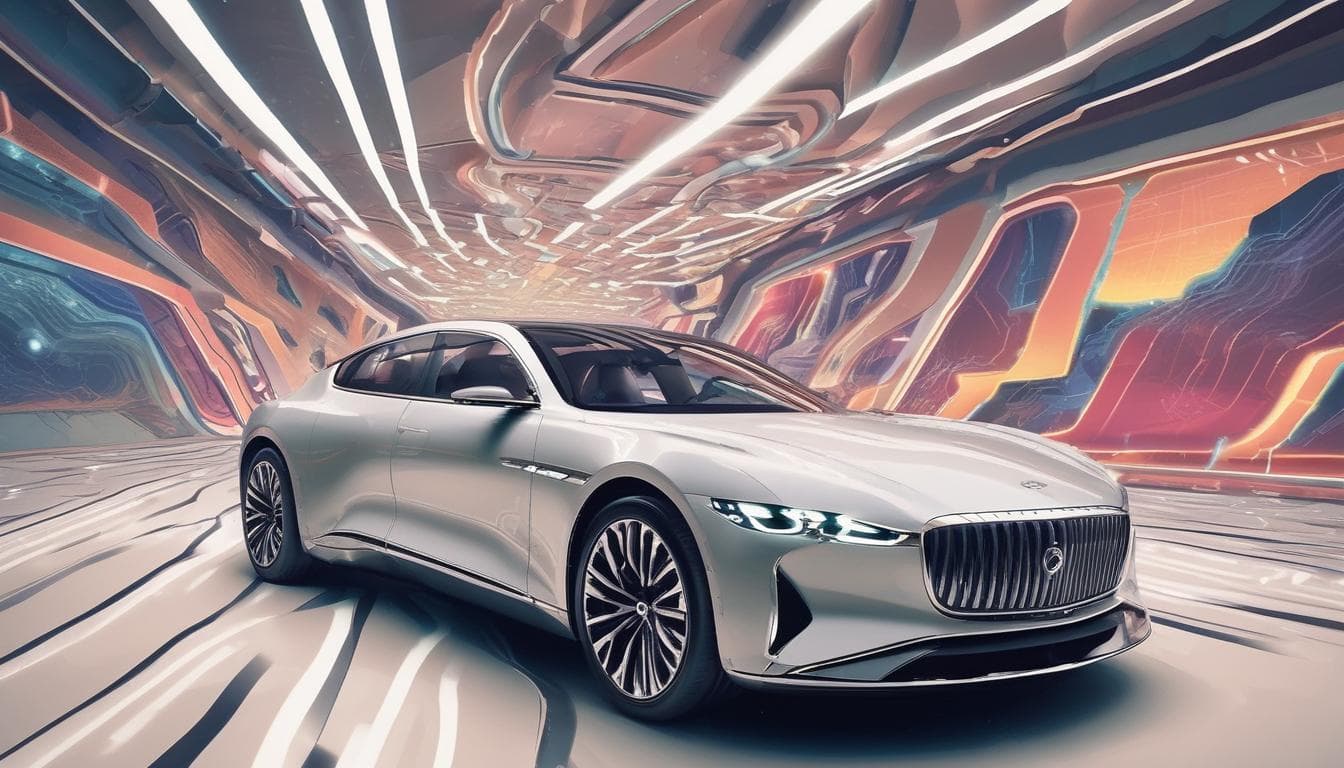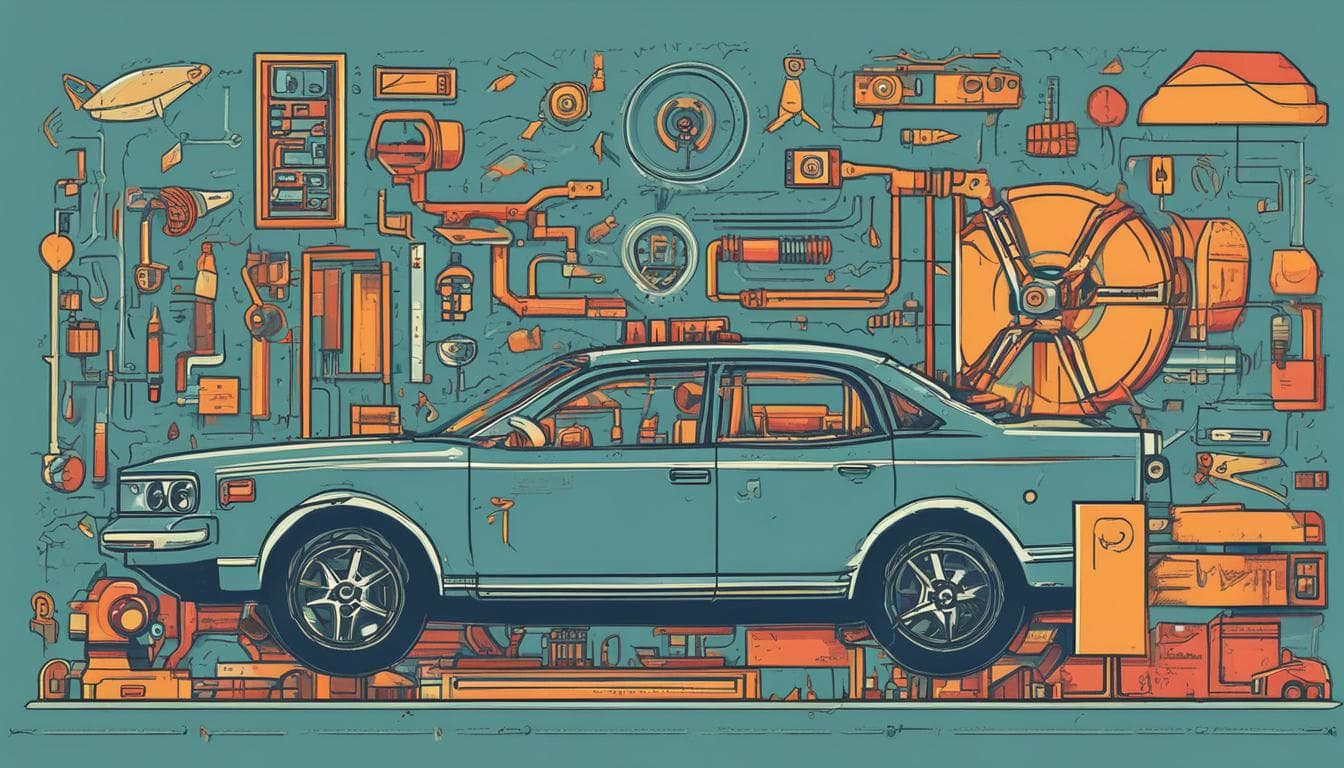With the increasing integration of AI in vehicles, how might the role of the car mechanic evolve? Will mechanics become AI specialists, diagnosing and repairing complex algorithms, or will their skills shift towards maintaining the physical hardware alongside AI assistants? What new opportunities and challenges do you foresee for this profession?
The integration of AI into vehicles is indeed transforming the role of car mechanics in profound ways. Here are some key points to consider about the evolution of this profession:
The Shift to AI Specialists
As vehicles become more reliant on AI for functionalities such as autonomous driving, diagnostics, and driver-assistance systems, mechanics will need to adapt by gaining proficiency in software and algorithm troubleshooting. This transition means that:
- Training in Software Skills: Many mechanics might require additional training in AI technologies and software management. Understanding how different algorithms function will be essential for diagnosing problems.
- Collaboration with AI Systems: Mechanics may need to work closely with AI diagnostic tools that can run complex checks to identify issues, making their roles more collaborative with technology.
Maintaining Physical Hardware
Despite the growing presence of AI, the physical components of vehicles will still require expert care. Mechanics will continue to address:
- Hardware Repairs: As vehicles still contain many mechanical systems, traditional skills in maintenance and repair work will remain crucial. This includes engine repairs, brake systems, and more.
- Integration of AI with Traditional Mechanics: Mechanics will have to understand how AI and conventional systems interact. This opens opportunities for specialization in hybrid technologies where both mechanical and digital skills are essential.
New Opportunities and Challenges
The evolution of vehicle technology brings forward a mixed bag of opportunities and challenges:
- Upskilling: Mechanics have the opportunity to enhance their skills through certifications in digital mechanics and AI technologies. A proactive approach can lead to advanced career paths or roles as AI specialists.
- Job Market Competition: As the automotive landscape changes, there might be an influx of new technicians with backgrounds in IT and software engineering, which could create a competitive job market. Therefore, existing mechanics will need to showcase their adaptability and ongoing learning.
This transformative period aligns with trends discussed in articles like The AI Revolution in Automotive, where it highlights the reshaping of roles across the industry due to AI integration. The future of automotive work and the skills required will undoubtedly evolve, creating a more diverse and technologically integrated workforce.
Explore mais sobre este tópico
Participe da conversa
- Carros em Harmonia com a Natureza: Preservação Ambiental no Brasil
Explore a fascinante ideia de carros que interagem com a natureza brasileira para preservação ambiental. Imagine veículos detectando incêndios na Amazônia, monitorando a qualidade do ar e auxiliando no reflorestamento. Discuta como alcançar essa simbiose entre tecnologia e meio ambiente, seus desafios e benefícios para o Brasil.
- Carros que conversam com a cidade: utopia ou futuro do trânsito brasileiro?
Imagine carros se comunicando com semáforos e sistemas de trânsito para otimizar o fluxo e reduzir congestionamentos. Explore os benefícios e desafios dessa integração na realidade brasileira, considerando investimentos em tecnologia e infraestrutura.
- IA ao volante: seu carro aprendendo seu estilo de direção em emergências
Imagine um futuro onde a IA permite que seu carro replique seu estilo de direção em situações de emergência. Quais as implicações éticas e de segurança? Como garantir a confiabilidade e a previsibilidade em momentos críticos? Discussão sobre o papel da IA na condução autônoma e seus desafios.




